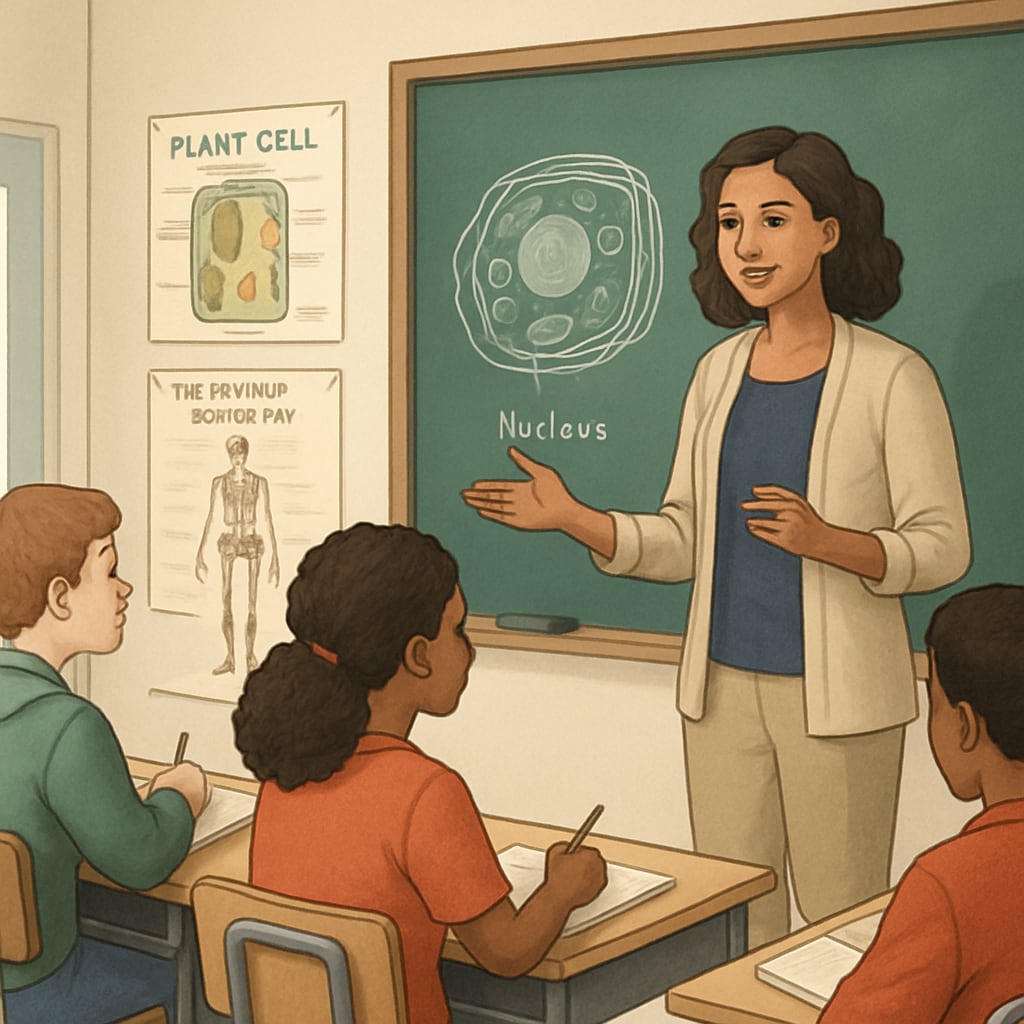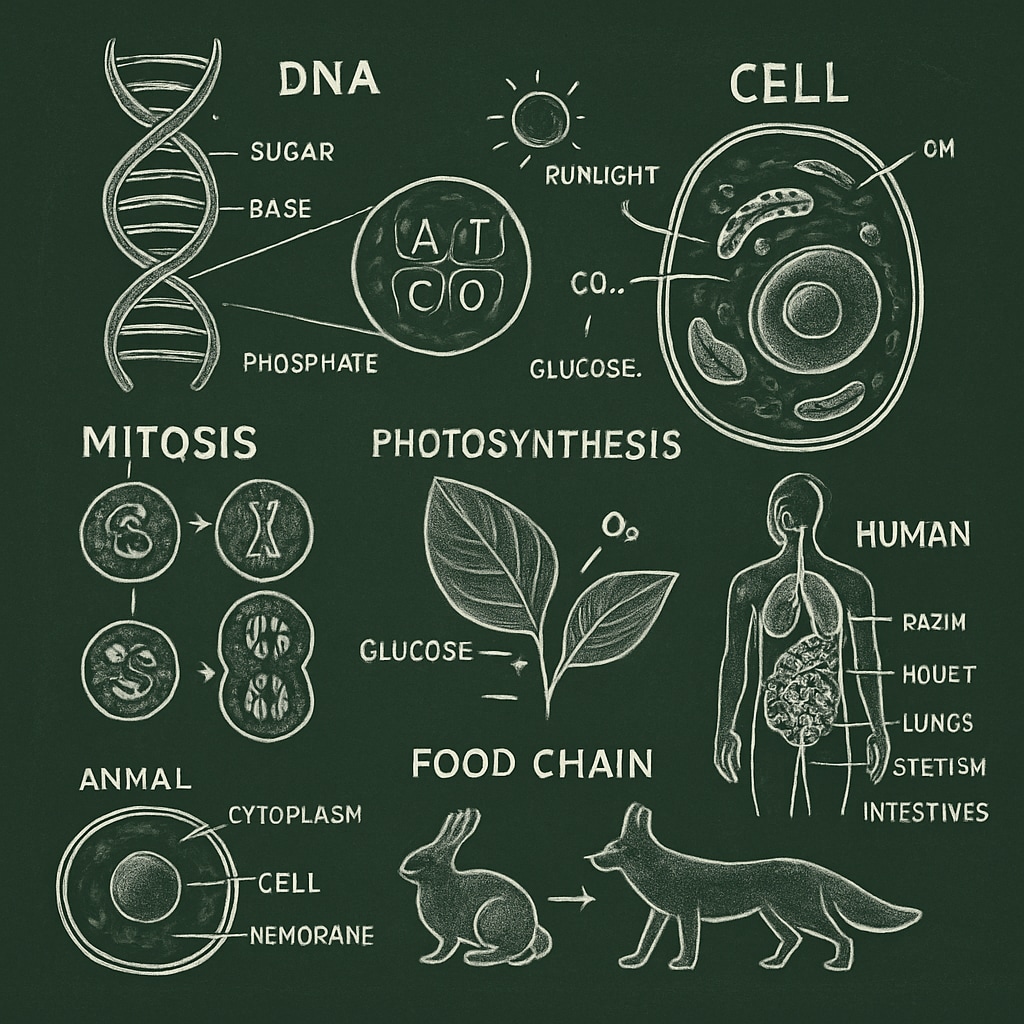The transition from a biology background to pursuing an education master’s degree may seem unconventional, but it is an increasingly viable and valuable choice for those passionate about teaching and learning. This career transformation offers unique opportunities for STEM professionals to bring their expertise to K-12 classrooms, fostering a deeper understanding of science among young learners. By examining the advantages, challenges, and strategies for making this leap, this article aims to provide a roadmap for biology graduates considering a pivot to education.
Why Transition from Biology to Education?
Biology graduates possess a wealth of knowledge in the life sciences, critical thinking, and research methodology. Transitioning to an education master’s degree allows them to leverage these skills to inspire the next generation of learners. Moreover, the growing emphasis on STEM education in schools highlights the need for educators with authentic subject matter expertise. This creates a unique niche for biology professionals to make a meaningful impact.
Additionally, the shift aligns with the intrinsic motivation of many science graduates who seek to contribute to society. Teaching offers an opportunity to ignite curiosity, promote scientific literacy, and address the global demand for qualified educators in STEM fields.

Advantages of Pursuing an Education Master’s Degree
Several benefits make this career switch attractive:
- Strong Subject Knowledge: Biology graduates bring specialized knowledge that enriches the classroom experience, making complex topics accessible and engaging for students.
- Career Stability: Education offers stable job prospects, with increasing demand for STEM educators worldwide.
- Personal Fulfillment: Helping students understand science and its real-world applications can be deeply rewarding.
- Skill Diversity: Transitioning into education expands professional skills, including communication, leadership, and curriculum development.
These advantages underscore the potential for biology professionals to thrive in educational roles while contributing to the broader goal of improving STEM education.
Challenges and How to Overcome Them
While the transition from biology to education is promising, it is not without its challenges:
- Adapting to Pedagogical Methods: Biology graduates may need to familiarize themselves with teaching techniques, classroom management, and curriculum design. Enrolling in an education master’s program provides the necessary training in these areas.
- Certification and Licensing: Many teaching roles require specific certifications. Prospective educators should research state or regional requirements and plan accordingly.
- Bridging the Gap: Transitioning from a research-oriented mindset to a student-focused approach may require a shift in perspective. Engaging in classroom observations or internships can facilitate this adjustment.
By addressing these challenges proactively, aspiring educators can ensure a smoother transition into their new roles.

How to Make the Transition
For biology graduates considering this career pivot, here are actionable steps to ease the transition:
- Research Education Programs: Explore master’s programs in education that offer specializations in STEM or science education.
- Gain Practical Experience: Volunteer at schools or tutoring programs to understand the dynamics of teaching.
- Build a Network: Connect with professionals in both biology and education to seek guidance and mentorship.
- Obtain Certifications: Check the teaching licensure requirements in your area and plan to fulfill them during or after your degree.
- Highlight Transferable Skills: Emphasize problem-solving, analytical thinking, and communication skills during job applications.
By following these steps, biology graduates can position themselves as strong candidates for educational roles, making the most of their unique backgrounds.
Conclusion: A Meaningful Career Transformation
The transition from a biology background to pursuing an education master’s degree is a path filled with opportunities to make a lasting impact. By combining their scientific expertise with pedagogical skills, biology graduates can contribute to the advancement of STEM education. While challenges exist, the rewards of inspiring young minds and shaping the future of science literacy are unparalleled. For those passionate about both biology and education, this career transformation is not just feasible—it is profoundly fulfilling.
To learn more about the importance of STEM education, visit STEM Education on Britannica. For insights into teaching certifications, check out Teaching Credentials on Wikipedia.


